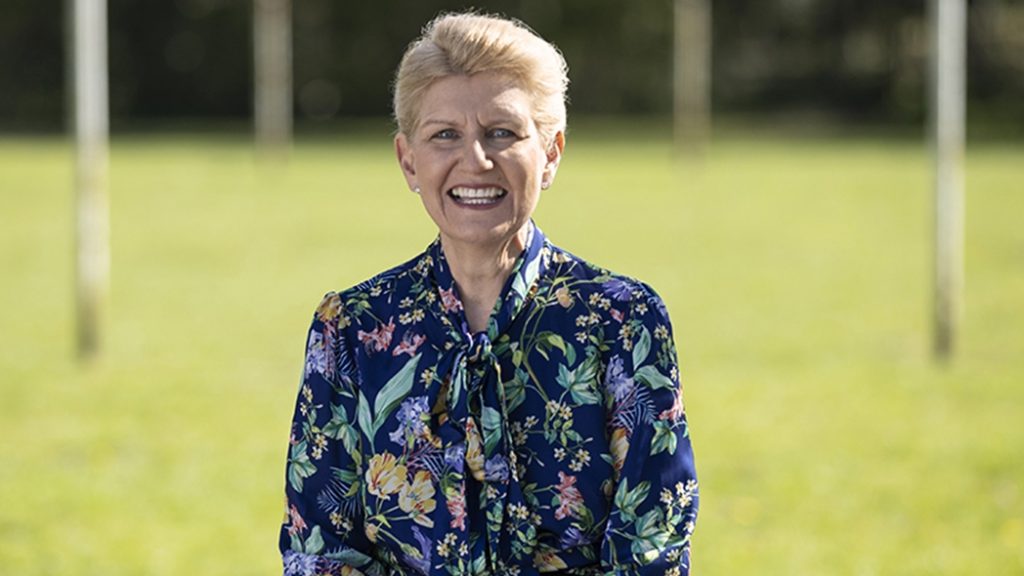
An international sport has reached a major equality goal line.
The Football Association — the 158-year-old governing body that oversees both amateur and professional soccer throughout England — has nominated its first woman leader. The organization tapped Debbie Hewitt, a prominent British businesswoman, to take on the role.
“I’ve been passionate about football from a very young age and I’m excited by the opportunity to play my part in shaping the future of something that means so much to so many,” Hewitt said in a statement released by the FA. She added that she’s eager for the opportunity to head up an organization “that has the potential to be a very positive force for good throughout the game and across society.”
During her career, Hewitt has held high-level positions at companies like suit maker Moss Bros and luxury car seller H.R. Owens. She currently holds chair positions at financial services giants BGL Group and Visa Europe, as well as fashion brand White Stuff. She is additionally chair of a publicly traded restaurant chain, Restaurant Group, but will step down from that role in light of her new job.
In 2011, she was even awarded an MBE — one of England’s highest honors — for her contributions to the country’s business and public sectors.
Hewitt’s nomination constitutes a notable move for a body that has a troubled past with women. In 1921, the FA banned women from playing soccer on their grounds, citing unfounded concerns about the effects of the sport on women’s bodies. Those restrictions ultimately stayed in place until 1971. And, women’s soccer didn’t have its own oversight committee until 1993.
Those in charge of naming Hewitt as the FA’s new leader say she will guide the body into a positive new chapter. “Debbie was the outstanding candidate from a talented and experienced field,” FA director Kate Tinsley said in a statement. “She immediately demonstrated her passion and ability to positively influence the direction of the FA on a domestic and global stage, providing strong and principled leadership along the way.”
Hewitt’s predecessor, Greg Clarke, resigned from the role last November amid blowback for racist and homophobic comments made about Black soccer players. Her succession will become official next month when the FA votes on it, and Hewitt will assume the role next January.



